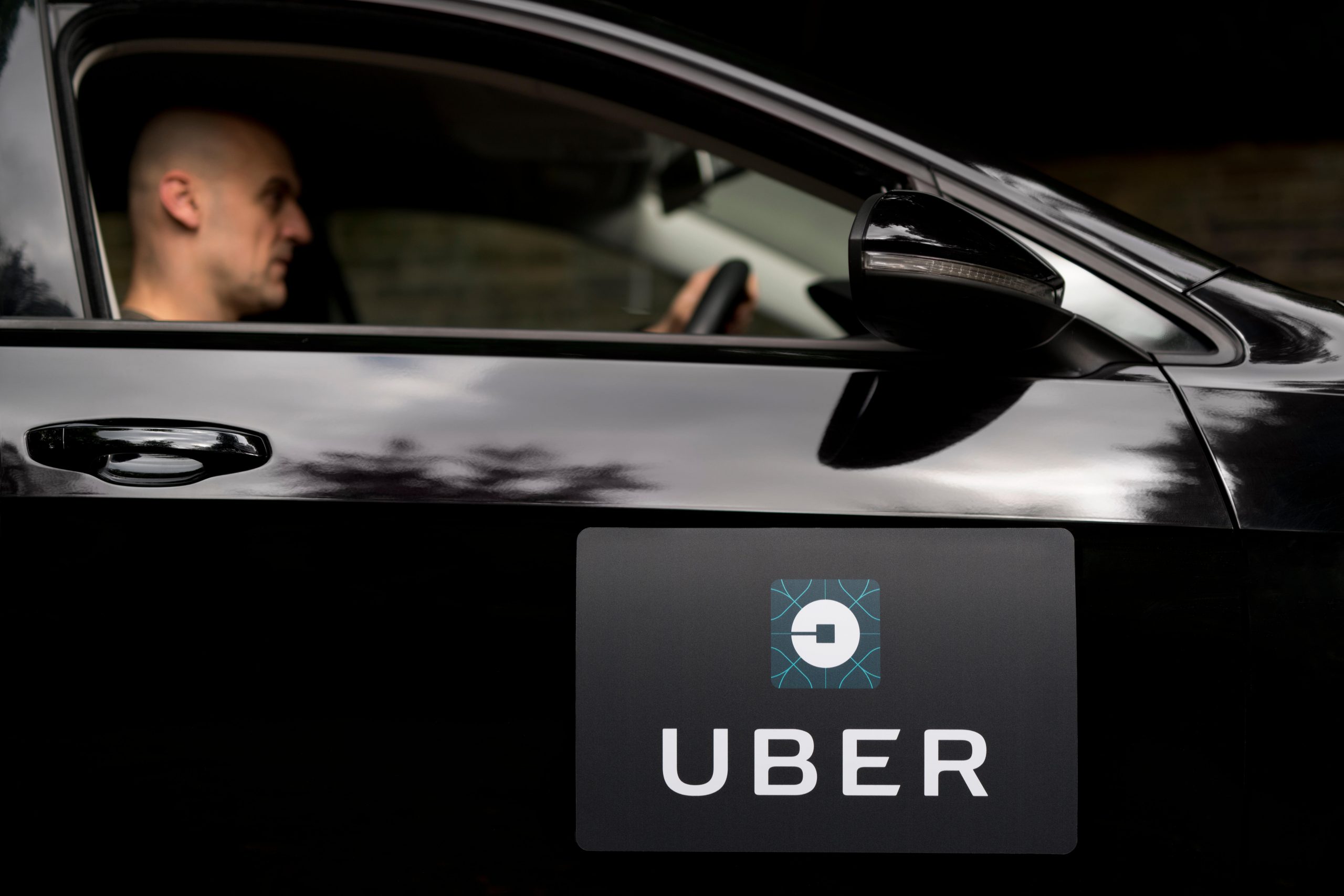A landmark ruling by the UK’s supreme court has found Uber drivers should be recognised as ‘workers’ rather than ‘independent contractors’.
The ruling comes after a 4-year-long battle started by Uber drivers James Farrar and Yaseen Aslam. They argued they were entitled to workers’ rights such as minimum wage and holiday pay. The Supreme Court unanimously dismissed Uber’s final appeal after three had already failed.
This is because Uber drivers are dependant contractors, dependant on Uber, rather than self-employed independent contractors known as ‘gig workers’.
Across Twitter there has been a substantial outcry, with users claiming the ruling will make Uber more expensive for customers and restrict the driver’s flexibility – a key reason many began working for Uber.
I think if any driver decides to be a freelance and works for any company as freelancers, instead of employees, then it was their choice to accept the conditions offered in the first place.
— Marcio Delgado (@marcio_delgado) February 19, 2021
Users also claim that the new ruling on worker status will lead to job loss and an eventual withdrawal of Uber from the UK economy altogether.
You raise operational cost for ride hailing → they will hire fewer people if not fire a lot on the spot → prices go up → less people can afford rides → demand goes down → revenue goes down → more people get fired.
Enter vicious circle. Uber retracts from the market.
— Matthew • 👨💻 (@matthewmorek) February 19, 2021
However, Ed Maltby, 33, a volunteer who has helped gig economy workers organise in Sheffield since 2019, disagrees with these notions, he said: “This judgement is not about turning people into workers who are more dependant on Uber than they already are, or taking away their autonomy.

Sheffield Needs A Pay Rise shows its support of the Uber ruling.
“It is about recognising the true nature of the relationship between Uber and its workers and affording them appropriate protections.”
Sheffield Needs A Pay Rise, an organisation fighting for workers’ rights, was one of many unions showing their support for the ruling. In a recent Facebook post, they wrote: “Everyone deserves dignity and security at work”.
“Drivers are dependant on the app because they are providing a service for someone else’s business”, said Ed. “However, generally speaking, drivers aren’t doing their own taxi service outside of Uber”.
That means that business – in this case, Uber – has some responsibilities to the workers.
“The company wants to frame this ruling as this is your freedom being taken away, but it is, in fact, theirs,” said Ed.
He claimed: “The only freedom being taken away is the freedom to rip people off.”
However, victories such as Prop 22 in California last year have proven detrimental to the rights of Uber drivers globally. This was the most expensive ballot-measure campaign in history and resulted in the continuing classification of drivers as contractors, not employees.
Zulfiqar Ali, 51, is a Sheffield-based Uber driver. He has worked for Uber for one year.
“I like the simple life,” he said. “Some drivers are good at the law aspect of it, but it won’t really affect me.”
One aspect of working with Uber that appeals to Mr. Ali is the fact that the app takes care of payments; he does not have to worry about handling cash and the risk it brings of spreading coronavirus.
He said: “I used to work for other taxi companies, but with Uber I am very satisfied. I come, I get some money and have a little conversation or a chat.”
Though Uber can be an easy way to earn money in a casual way, rulings such as that brought by James Farrar and Yaseen Aslam highlight the importance of having rights as a worker for sickness and accidents. With these rights, there would be a much stronger legal case for the company to do things like recognise trade unions, says Ed.
Find out more about worker status and the gig economy in this IWGB Couriers Facebook post.




